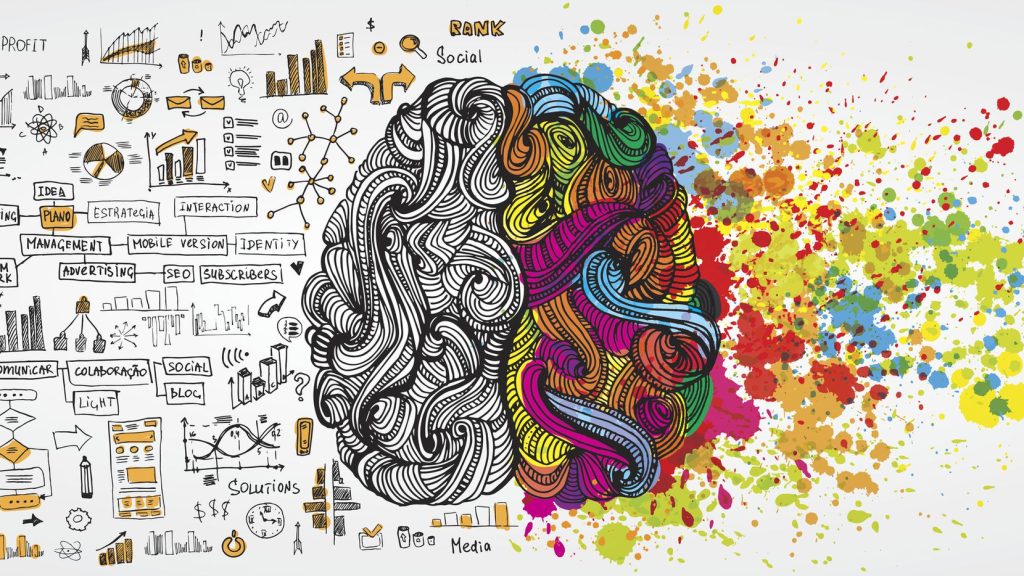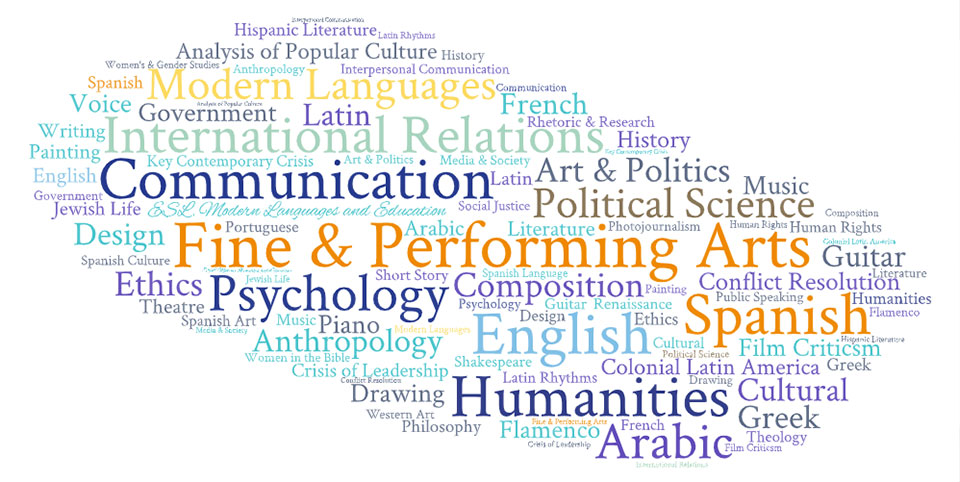“Studying the humanities helps us to better understand who we are, our identity as a people, a society and a culture, and how to organize our societies so we can achieve our goals.” – Professor Jared van Duinen, Charles Sturt University
Did you know that over two-thirds of humanities majors get jobs in the private sector? Did you know that almost 60% of U.S. CEOs have degrees in the humanities? Did you know that the humanities receive less than 0.5% of federal research money in the U.S. and only about 1% in Europe?
The story of us – Homo sapiens – is intriguing and complex. We’re unique creatures living in a rapidly changing world and we continue to face new challenges and opportunities. The study of humans, and all we’ve done, has always been of value. But studying the humanities now is probably more important than ever before!
“The liberal arts are essential to any functioning democracy and the American experiment as a whole.” –The Dallas Morning News
There’s research on the impact of the humanities; there’s evidence demonstrating how studying the humanities benefits society, employers, and individuals.
By Studying the Humanities, We:
Learn New Forms of Human Creation
Through exploration of the humanities, we learn how to think creatively and critically, to reason, and to ask questions. Because these skills allow us to gain new insights into everything from poetry and paintings to business models and politics, humanistic subjects have been at the heart of a liberal arts education since the ancient Greeks first used them to educate their citizens.
See History Through a Different Lens
Research into the human experience adds to our knowledge about our world. Through the work of humanities scholars, we learn about the values of different cultures, about what goes into making a work of art, about how history is made. Their efforts preserve the great accomplishments of the past, help us understand the world we live in, and give us tools to imagine the future.
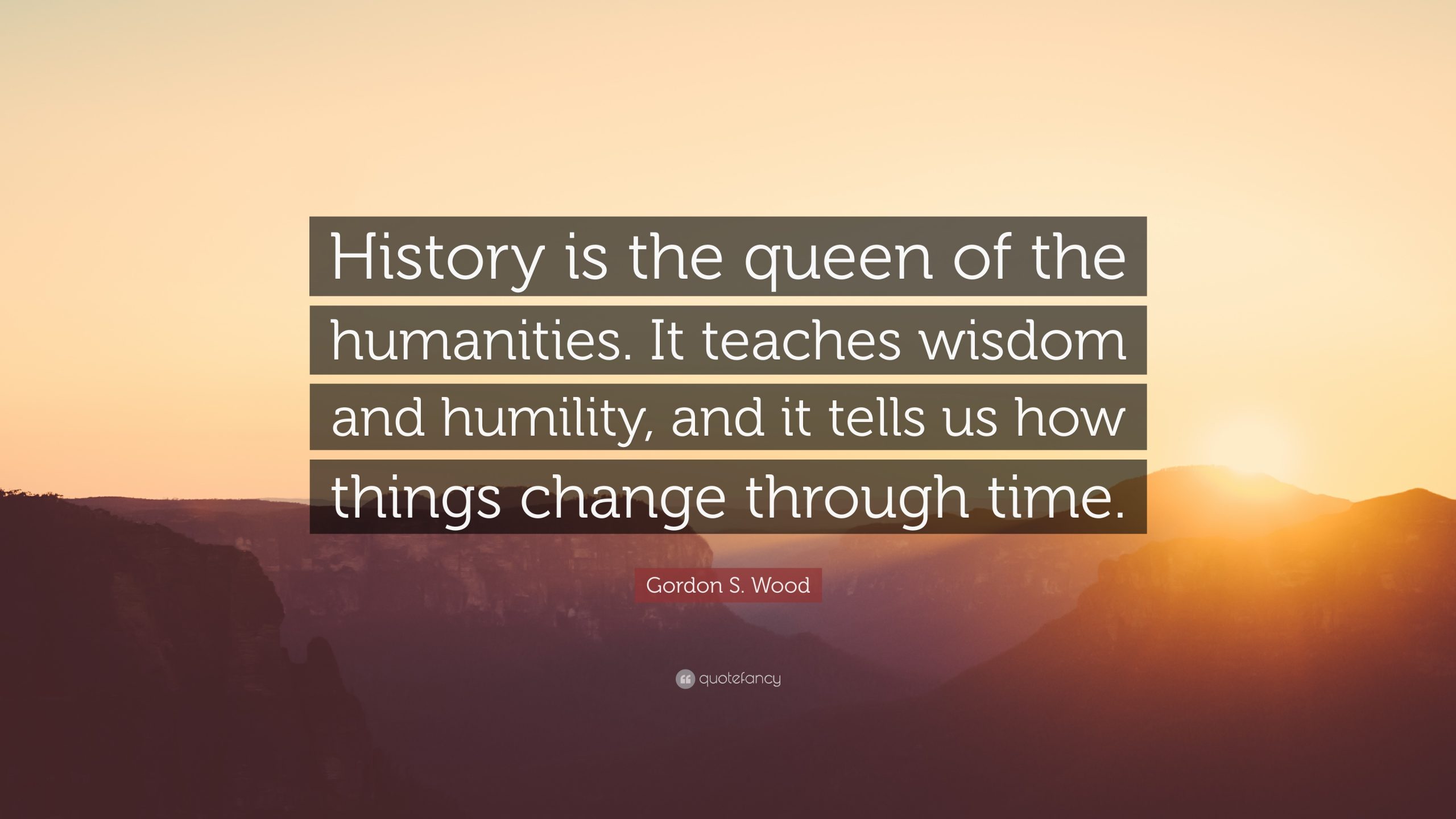
Broaden Our Horizons
Today, humanistic knowledge continues to provide the ideal foundation for exploring and understanding the human experience. Investigating a branch of philosophy might get you thinking about ethical questions. Learning another language might help you gain an appreciation for the similarities in different cultures. Contemplating a sculpture might make you think about how an artist’s life affected her creative decisions. Reading a book from another region of the world might help you think about the meaning of democracy. Listening to a history course might help you better understand the past, while at the same time offering you a clearer picture of the future.
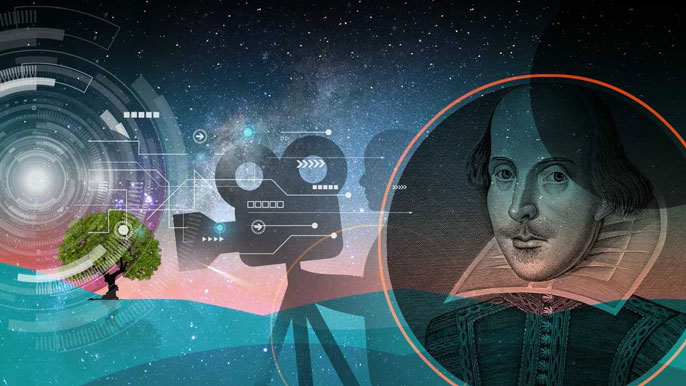
Gain Perspective
Humanistic studies enrich the soul and make you a cultured individual. A humanistic education will help you understand, appreciate, and produce art, music, theatre, and literature. Humanities disciplines focus on understanding beauty and the good, and give students the opportunity to practice making good and beautiful things themselves.
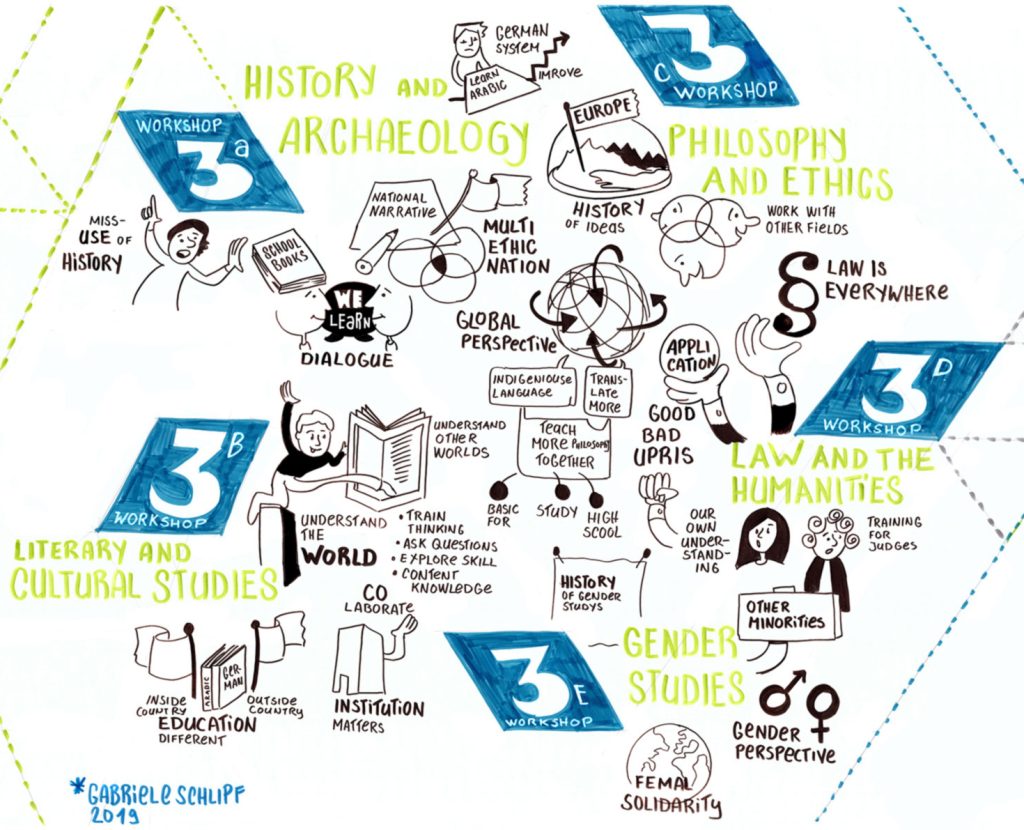
Avoid Ethnocentrism
Ethnocentrism is the term anthropologists use to describe the opinion that one’s own way of life is natural or correct. Some would simply call it cultural ignorance. Ethnocentrism means that one may see his/her own culture as the correct way of living. Some cultures can be similar or interlinked in ideas or beliefs; some people feel shocked by the differences they might experience with individuals that are culturally different from themselves. In extreme circumstances, a group of people may see a different way of life in other cultures and consider it wrong; as a result of which the group may try to convert the other group into its way of life. The catastrophic outcome could be a terrifying conflict and genocide if a group does not want to change its ways of living. We all often have instinctive reactions to the practices or beliefs of another person or culture. These reactions, however, do not have to lead to terrifying conflict or genocide. To avoid such awful things, we all have to try to be more culturally relative. Ethnocentrism hampers our understanding of other people’s customs and traditions; at the same time, it prevents us from knowing our customs and traditions.
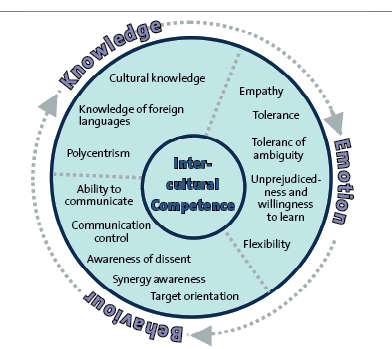
Employ “Active” Reading, Listening, or Watching
Active reading simply means reading something with a determination to understand and evaluate it for its relevance to your needs. Simply reading and re-reading the material isn’t an effective way to understand and learn. Actively and critically engaging with the content can save you time. Normally, when we read a book or watch a movie, we are doing so passively. We don’t consider why an author or director chose to do something, and we don’t ponder what the messages of the story are or how they affect us. Active strategies push us to ask questions beyond what happened, to how or why it happened. This, in turn, can help us better understand ourselves and the world around us.
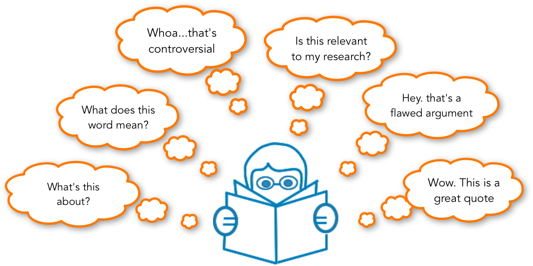
Form Interpretations
When you interpret a story, you are trying to find its meaning and significance. You are asking yourself both what the text means and why it is important. Like opinions, interpretations are personal, because they are informed by our own ideas, memories, experiences, and beliefs. Unlike opinions, which can be influenced by our feelings and prejudices, interpretation is based on a close reading of the story, an understanding of its contexts, analysis, and study of what others have discovered about it. Interpretation is an explicit argument about a story’s deeper meanings—its implied themes, values, and assumptions. It pays special attention to the contradictions, tensions, and ambiguities. Interpretation also recognizes how the cultural context of the story and the audience might influence our interpretive conclusions. We can form more informed, open-minded, and well-rounded conclusions about works this way.
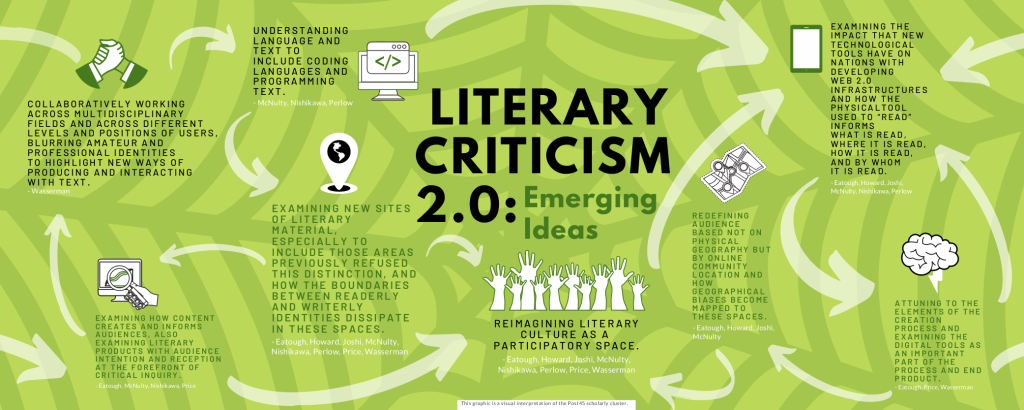
Develop Critical and Analytical Thinking Skills
The various disciplines in the humanities show us how to listen, how to analyze, how to argue, and how to navigate our social world. At its simplest, critical thinking is the process of thinking clearly and rationally about a subject. It takes a step back and looks logically at the ideas, asking questions about them and challenging accepted thought. By engaging in this kind of reflective thinking, you will find yourself developing new ideas and a new way of approaching the subject you are studying. You will no longer take things as they appear and will instead look deeper, ask new questions and find yourself understanding the topic at a much deeper level. Critical thinking turns you from a passive class member into an active learner, someone who engages in what is being taught and questions it, rather than simply nodding along and memorizing what you’re being told. You will find yourself challenging your own preconceived ideas, asking if the arguments around the subject are valid and if findings can be trusted. Being able to think critically isn’t just useful at university; you will find it useful in your future career, too. Without even thinking, we apply the core work of the humanities—the use of critical thinking to identify, solve, and appreciate problems both small and immense—in our daily labors.
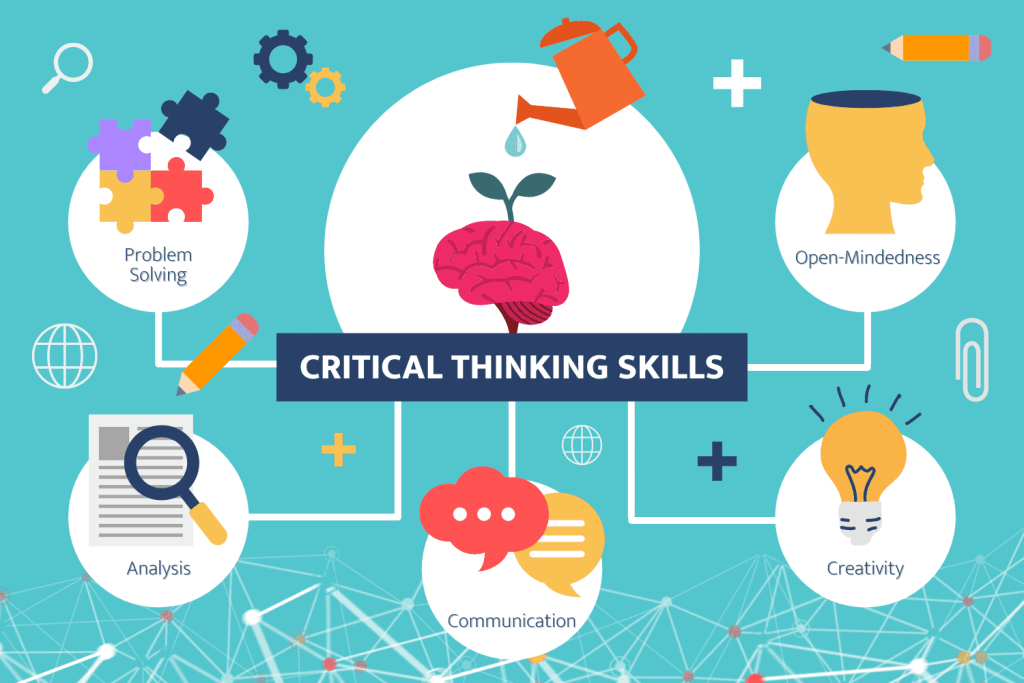
Employ Divergent Thinking
The word divergent is partly defined as “tending to be different or develop in different directions.” Divergent thinking refers to the way the mind generates ideas beyond proscribed expectations and rote thinking—what is usually referred to as thinking outside the box and is often associated with creativity. Convergent thinking, on the other hand, requires one to restrict ideas to those that might be correct or the best solution to a problem. In convergent thinking, we start with a question (such as mathematical equation), and we try to formulate one right answer. In divergent thinking, we start with a question, then try to formulate all the possible relevant answers. Each answer is just as “right” as another, and there may be limitless answers to the question.
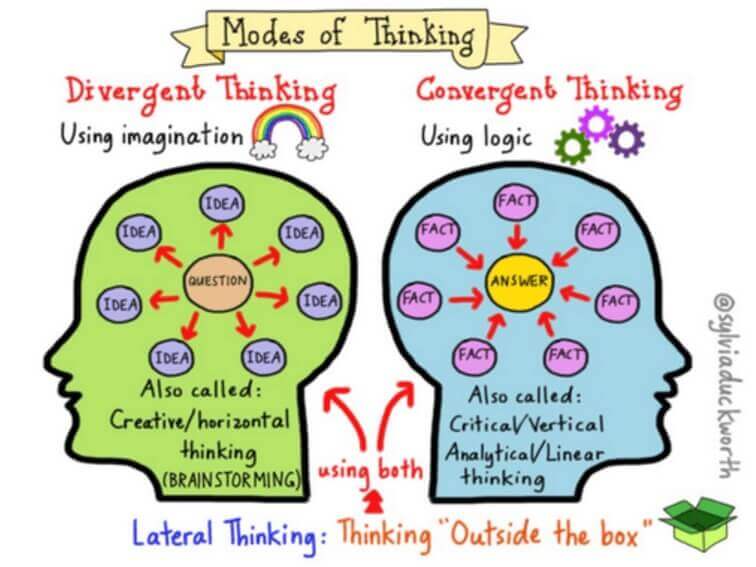
Become More Comfortable with Ambiguity
Uncertainty and ambiguity are intrinsic to the humanities. There is rarely the binary of true vs. false since those of us in the humanities should not be looking for definitive, conclusive answers. Our research should be exploratory, offer perspectives, teach us to handle the “common uncertainty of the human condition” (Nikola Celis). Although the current trend is to push STEM extremely hard onto the education system worldwide, STEM should not be valued any more than the humanities, said Eirc Berridge in his talk, Why tech needs the humanities, at TED@IBM. The humanities, with all its obscurity, vagueness, and uncertainty are what would help us to work together as humans. Humans whose nature is part ambiguity.
